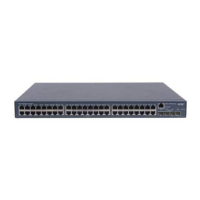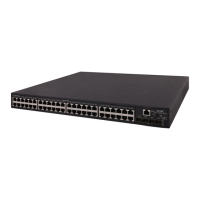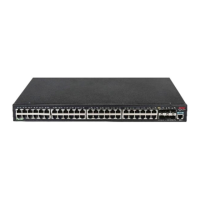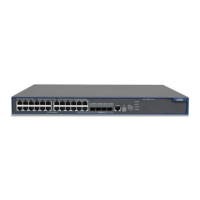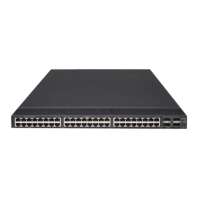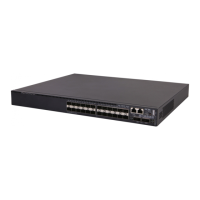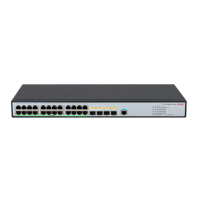5-2
Figure 5-1 Diagram for SP queuing
SP queue-scheduling algorithm is specially designed for critical service applications. An important
feature of critical services is that they demand preferential service in congestion in order to reduce the
response delay. Assume that there are eight output queues on the port and the preferential queue
classifies the eight output queues on the port into eight classes, which are queue7, queue6, queue5,
queue4, queue3, queue2, queue1, and queue0. Their priorities decrease in order.
In queue scheduling, SP sends packets in the queue with higher priority strictly following the priority
order from high to low. When the queue with higher priority is empty, packets in the queue with lower
priority are sent. You can put critical service packets into the queues with higher priority and put
non-critical service (such as e-mail) packets into the queues with lower priority. In this case, critical
service packets are sent preferentially and non-critical service packets are sent when critical service
groups are not sent.
The disadvantage of SP queue is that: if there are packets in the queues with higher priority for a long
time in congestion, the packets in the queues with lower priority will be “starved” because they are not
served.
2) WRR queue-scheduling algorithm
Figure 5-2 Diagram for WRR queuing

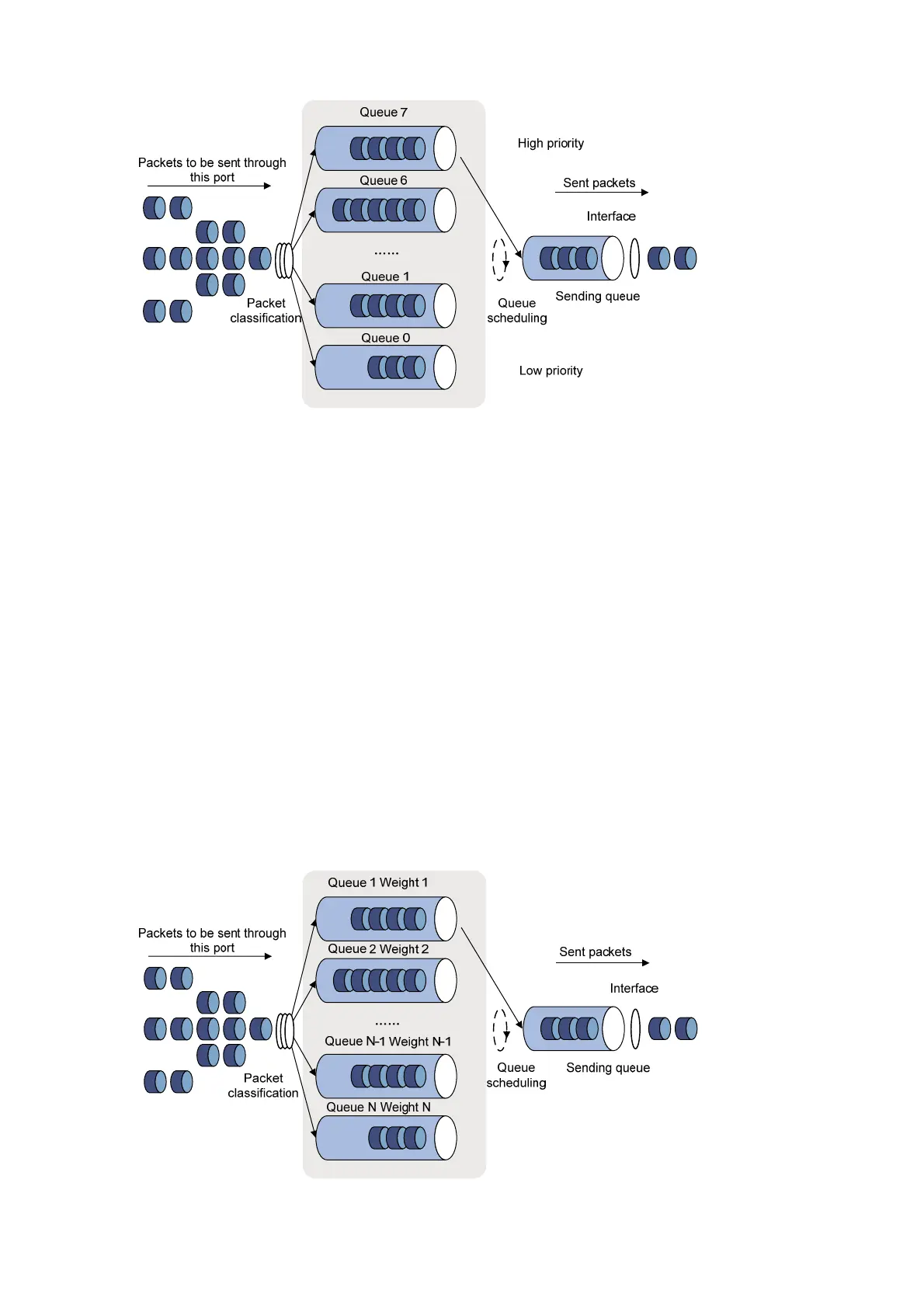